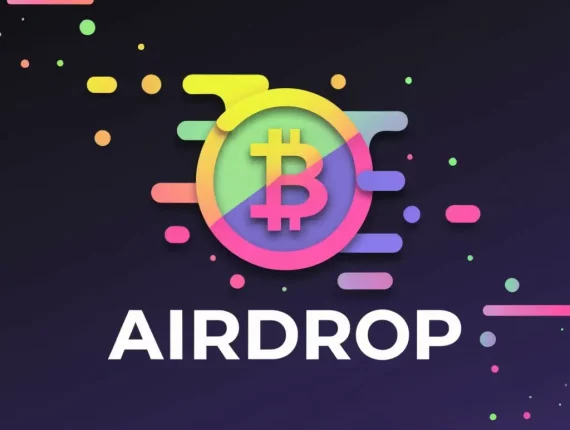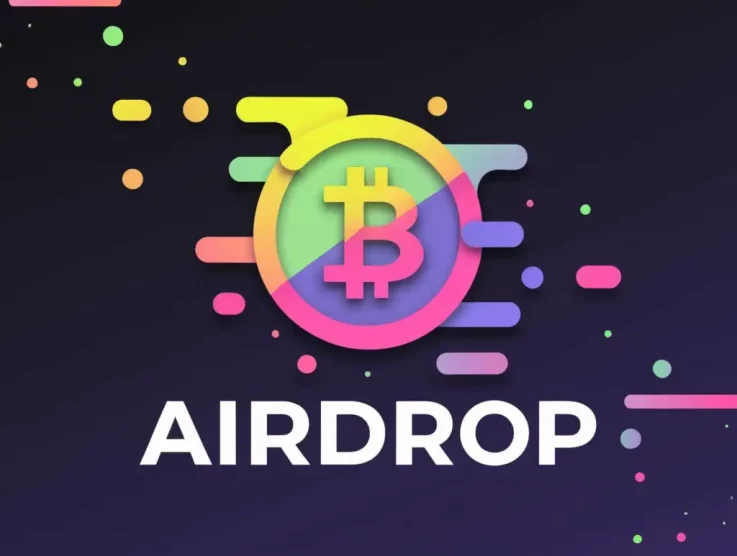Comprehensive Overview of the Binance Smart Chain (BNB) Blockchain

BNB, originally known as Binance Coin, was initially launched in 2017 as a utility token on the Binance Exchange, primarily for trading fee discounts and participating in token sales on Binance Launchpad. Over time, BNB has evolved beyond its original role, thanks to the introduction of Binance Smart Chain (BSC) in September 2020. BSC operates in parallel with Binance Chain and offers support for smart contracts, making it a robust ecosystem for decentralized finance (DeFi) applications, decentralized apps (dApps), and token issuance.
What is BNB and Binance Smart Chain (BSC)?
BNB is the native cryptocurrency of the Binance ecosystem, including both Binance Chain and Binance Smart Chain. While Binance Chain focuses on high-speed transactions and was not designed for smart contracts, BSC was specifically created to fill that gap, enabling a broader set of features, including decentralized finance (DeFi), staking, and dApp development.
BSC is a Proof-of-Staked-Authority (PoSA) blockchain that combines elements of Proof of Stake and Proof of Authority, offering lower transaction costs and faster confirmation times. It is compatible with the Ethereum Virtual Machine (EVM), making it easy for developers to port Ethereum-based projects to BSC without significant changes to their codebase.
Key Features of BNB and Binance Smart Chain
- Dual Chain Architecture:
Binance operates two blockchains—Binance Chain and Binance Smart Chain. While Binance Chain is optimized for fast trading and low transaction fees, Binance Smart Chain (BSC) is designed for scalability and smart contract functionality. Users can seamlessly transfer assets between the two chains. - Low Fees and High-Speed Transactions:
One of the standout features of Binance Smart Chain is its low transaction fees, typically costing just a few cents, making it far more affordable than Ethereum’s often high gas fees. In addition, BSC boasts transaction finality in just a few seconds, allowing for fast processing of dApp interactions and token swaps. - Smart Contract Compatibility:
BSC supports smart contracts using the Ethereum Virtual Machine (EVM). This allows developers to easily deploy their Ethereum dApps on BSC, which is a major draw for decentralized finance (DeFi) projects, NFT platforms, and other decentralized applications. - Cross-Chain Interoperability:
BNB can be used for transactions on both Binance Chain and Binance Smart Chain, allowing for cross-chain functionality. Assets can move freely between the chains using Binance Bridge, making it easy to take advantage of different blockchain functionalities within the Binance ecosystem. - Staking and Delegated Proof-of-Stake:
Binance Smart Chain operates on a Proof-of-Staked-Authority (PoSA) consensus mechanism. This hybrid model combines staking with validator authority, meaning users can stake their BNB to become validators or delegate their tokens to validators. Validators verify blocks and receive rewards, which are shared with delegators. - DeFi Ecosystem:
BSC has rapidly become one of the most active blockchains for DeFi projects. Popular decentralized applications like PancakeSwap, Venus, and BakerySwap operate on BSC, providing users with opportunities to earn through yield farming, liquidity provision, and lending. - Burn Mechanism:
One unique feature of BNB is its periodic token burns. Binance conducts quarterly burns, where a portion of the BNB supply is permanently destroyed. This deflationary mechanism reduces the total supply of BNB over time, increasing its scarcity and potentially driving up its value. - Security:
BSC’s Proof-of-Staked-Authority model enhances security through decentralization, as validators are required to stake a significant amount of BNB to participate in network consensus. Moreover, BNB powers the BSC network, serving as gas fees for transactions and securing the network against attacks. - Compatibility with Binance Ecosystem:
BNB serves multiple roles across the Binance ecosystem, including paying transaction fees, participating in token sales, and staking. It’s used as the primary currency on the Binance DEX, Binance Chain, and Binance Smart Chain.
Use Cases of BNB and Binance Smart Chain
- Transaction Fees on Binance Exchange:
Users holding BNB can pay trading fees on the Binance exchange at discounted rates. This has made BNB a popular token among Binance traders, driving significant demand for the asset. - Decentralized Finance (DeFi):
Binance Smart Chain is home to a thriving DeFi ecosystem, where users can participate in yield farming, staking, and decentralized exchanges. Projects like PancakeSwap and Venus have become major players in the DeFi space, offering users high rewards with low transaction fees compared to Ethereum. - Smart Contracts and dApps:
With its support for Ethereum Virtual Machine (EVM), Binance Smart Chain enables the deployment of decentralized applications (dApps) and smart contracts. Developers can easily port their Ethereum dApps to BSC, benefiting from the network’s low fees and high performance. - Cross-Chain Transfers:
Binance Smart Chain enables cross-chain transfers between Binance Chain, Ethereum, and other blockchains through the Binance Bridge. This allows users to move assets between different blockchains seamlessly, creating a more interoperable ecosystem. - Governance and Staking:
BNB holders can participate in network governance by staking their tokens to vote on proposals that impact the future development of the Binance Smart Chain. Additionally, staking BNB allows users to earn rewards in the form of transaction fees and newly minted tokens. - Token Issuance and Crowdfunding:
BNB is widely used for token sales and crowdfunding via Binance Launchpad and other decentralized launch platforms. Projects launching on Binance Smart Chain often use BNB for their initial coin offerings (ICOs), adding utility and demand for the token. - NFT Marketplace:
The BSC NFT ecosystem is rapidly growing, with platforms like BakerySwap, PancakeSwap, and Treasureland offering NFT marketplaces for creators and collectors. With low transaction fees, artists and users are increasingly turning to BSC for minting and trading NFTs. - Yield Farming and Liquidity Provision:
Users can provide liquidity to DeFi protocols on BSC and earn BNB or other tokens as rewards. Yield farming opportunities on Binance Smart Chain offer high returns with relatively low entry fees compared to Ethereum.
Challenges and Limitations
- Centralization Concerns:
While Binance Smart Chain offers decentralization through its PoSA model, it has been criticized for being more centralized than other blockchains. A limited number of validators, often selected by Binance, raises questions about whether the network is sufficiently decentralized. - Scalability:
Although BSC provides faster transaction speeds and lower fees compared to Ethereum, it may still face challenges in scaling as more projects are deployed on the network. Like many blockchains, as activity increases, there could be bottlenecks and potential congestion issues. - Security Risks:
Despite its strong security model, Binance Smart Chain has been targeted by malicious actors. Several high-profile attacks on DeFi protocols running on BSC have led to the loss of millions of dollars, highlighting the need for continued security enhancements. - Dependence on Binance:
Binance Smart Chain’s success is closely tied to the overall performance and reputation of Binance, the world’s largest cryptocurrency exchange. Any negative developments or regulatory challenges facing Binance could impact BNB’s value and the usage of Binance Smart Chain.
Conclusion
BNB and Binance Smart Chain (BSC) have quickly become pivotal components of the broader blockchain ecosystem. Offering low transaction fees, high-speed confirmations, and cross-chain compatibility, BSC has attracted a vast array of DeFi projects, NFT platforms, and decentralized applications. As Binance continues to innovate and expand its offerings, BNB will likely maintain its position as a leading cryptocurrency, while Binance Smart Chain will remain an attractive alternative to Ethereum for developers and users alike.
While there are some concerns about centralization and security, BNB’s versatility, ongoing token burns, and strong ecosystem development provide it with a unique position in the world of cryptocurrencies. As more projects and users migrate to Binance Smart Chain, BNB is expected to continue playing a significant role in the future of decentralized finance and blockchain technology.


